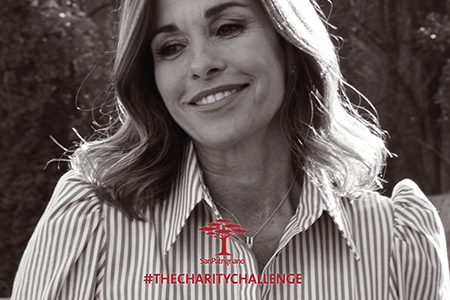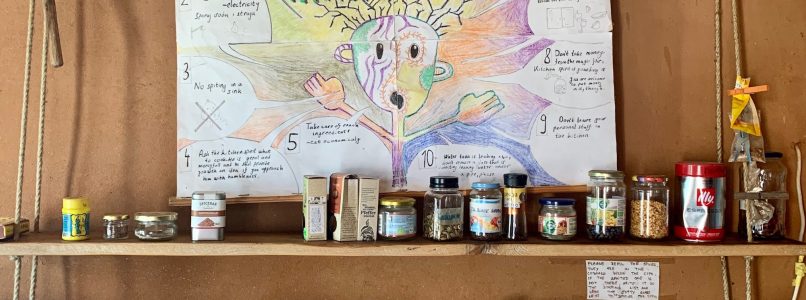The first community fridge was recently inaugurated in Japan, an initiative designed to combat food waste and food poverty
In Japan, every year, more than 6 million tons of edible food are thrown away, yet it is not easy to stem this problem and, above all, to link the environmental aspect to the social one of the right to food. However, a community fridge in Okayama, a beautiful anti-waste initiative which in addition to making an important contribution in terms of environmental impact it also represents an important support in the redistribution of food and in the fight against poverty and food insecurity. This project sees the light for the first time in Japan, not surprisingly during the difficult period of the Covid-19 pandemic. In other parts of the world the concept of the community refrigerator has already spread widely since 2012, just think that the Hubbub, the world's largest network, includes over 100 refrigerators scattered throughout the UK alone.
How the idea of the Kitanagase Community Fridge was born in Japan
The idea of importing the concept of the community fridge to Japan is thanks to Kenichi Narita, an ambitious and sensitive 42-year-old cook. After spending a period in the hospital during his adolescence due to cancer, he decided to do everything possible to help people in need. The idea of combining this desire with the issue of food waste came to him in adulthood after starting to work as a cook in a restaurant. It is on this occasion, in fact, that he became aware of appalling amount of still edible food being wasted or thrown away. Narita, now a restaurant manager in Okayama prefecture, has therefore decided to take advantage of the time of the Covid-19 pandemic and the consequent economic difficulties to launch an initiative that could make a difference within its community. After researching and traveling to the UK to field study the Hubbub Community Fridge Network, Kenichi Narita is finally able to introduce this project to Japan as well. In November 2020, thanks to him and in collaboration with the Kitanagase Area Management, the first community fridge of the Rising Sun.
Food recycling and solidarity network
The Kitanagase Community Fridge project is based on a concrete and well thought out program serving the community. First of all, it must be said that the fridge is located in an unmanned warehouse inside a shopping center and which actually includes a refrigerator, a freezer and a shelf. The contribution comes from around 60 local businesses, farmers and families who donate food and other non-perishable household goods, and not from supermarkets as is the case in the UK. Among the foods present, all intact, in excellent condition and not expired, there are fruits and vegetables, but also tofu, meat, noodle cup, canned or frozen food, bread and snacks. I am alone in using them community members who have a low income and who, after registering for the program, have access to the community refrigerator anonymously and independently, via an app to download.
There are currently about 300 Japanese families registered, but the hope is that this service will spread to other parts of the country and inspire other communities around the world.

Photo: community refrigerator anti waste_kenichi narita.jpg
Photo: japan anti waste community fridge_smart-supply.org.png

